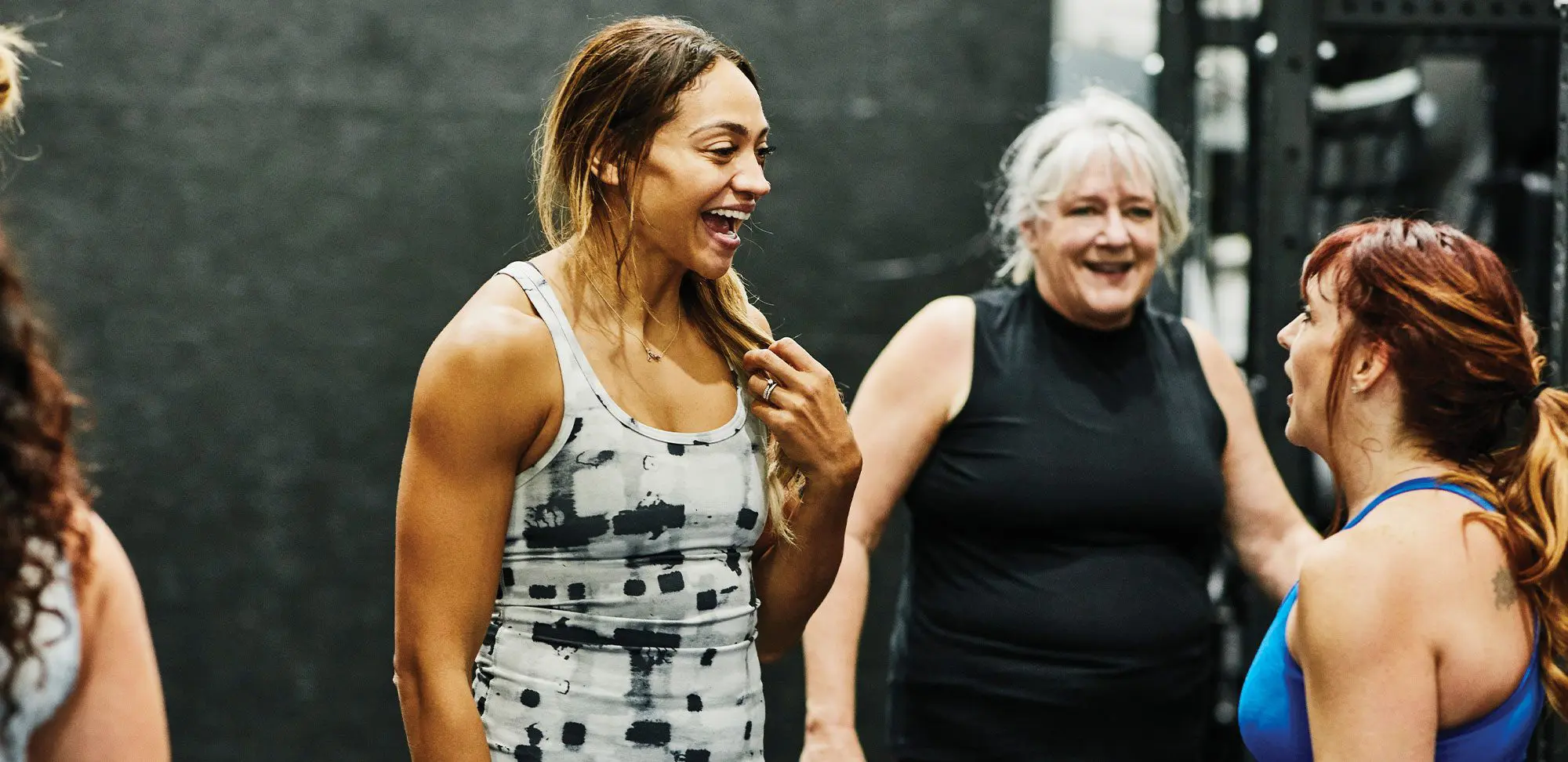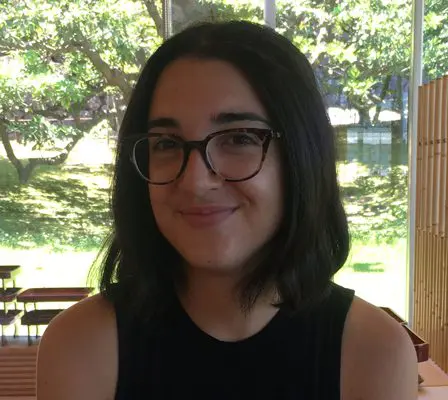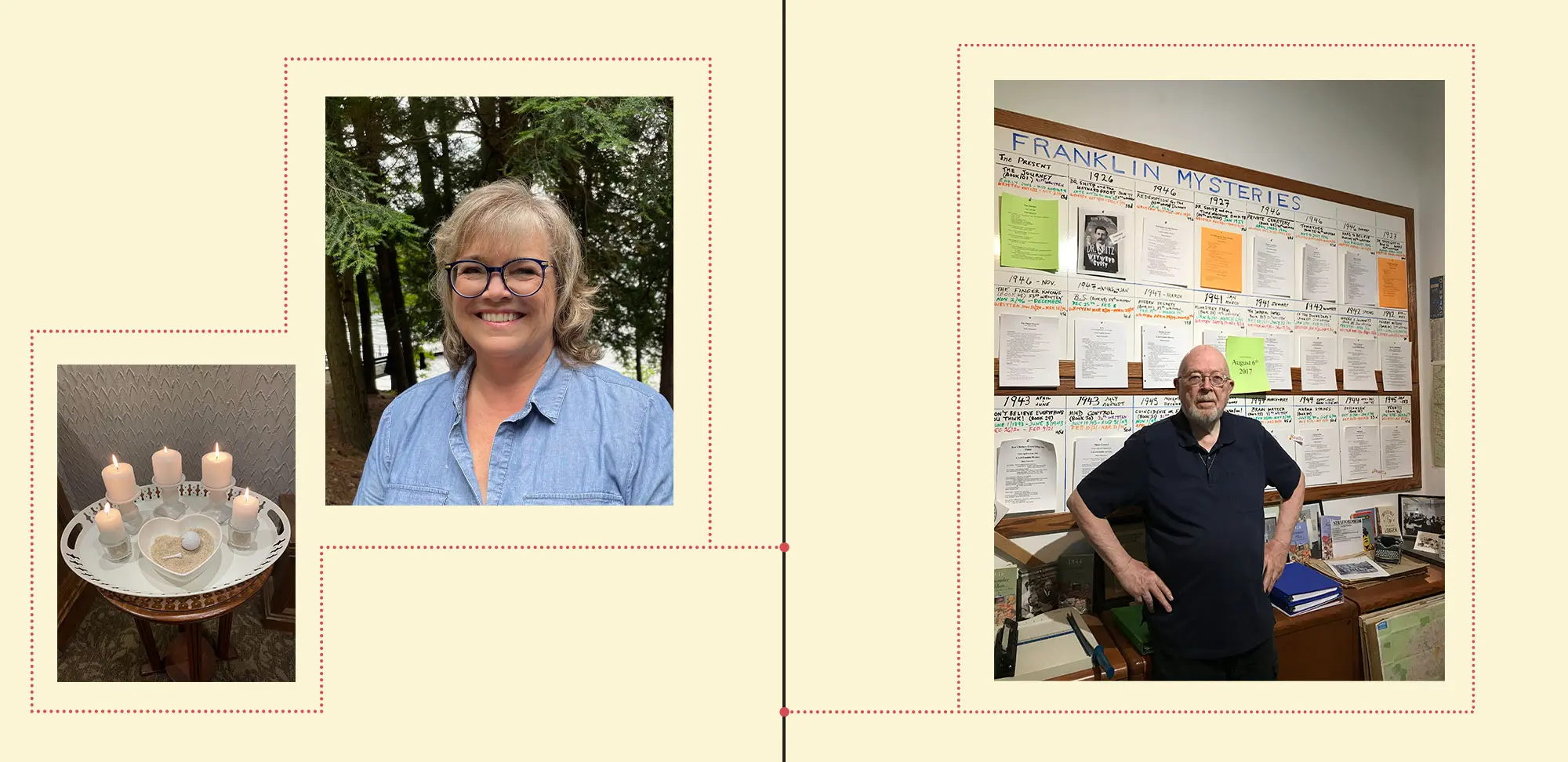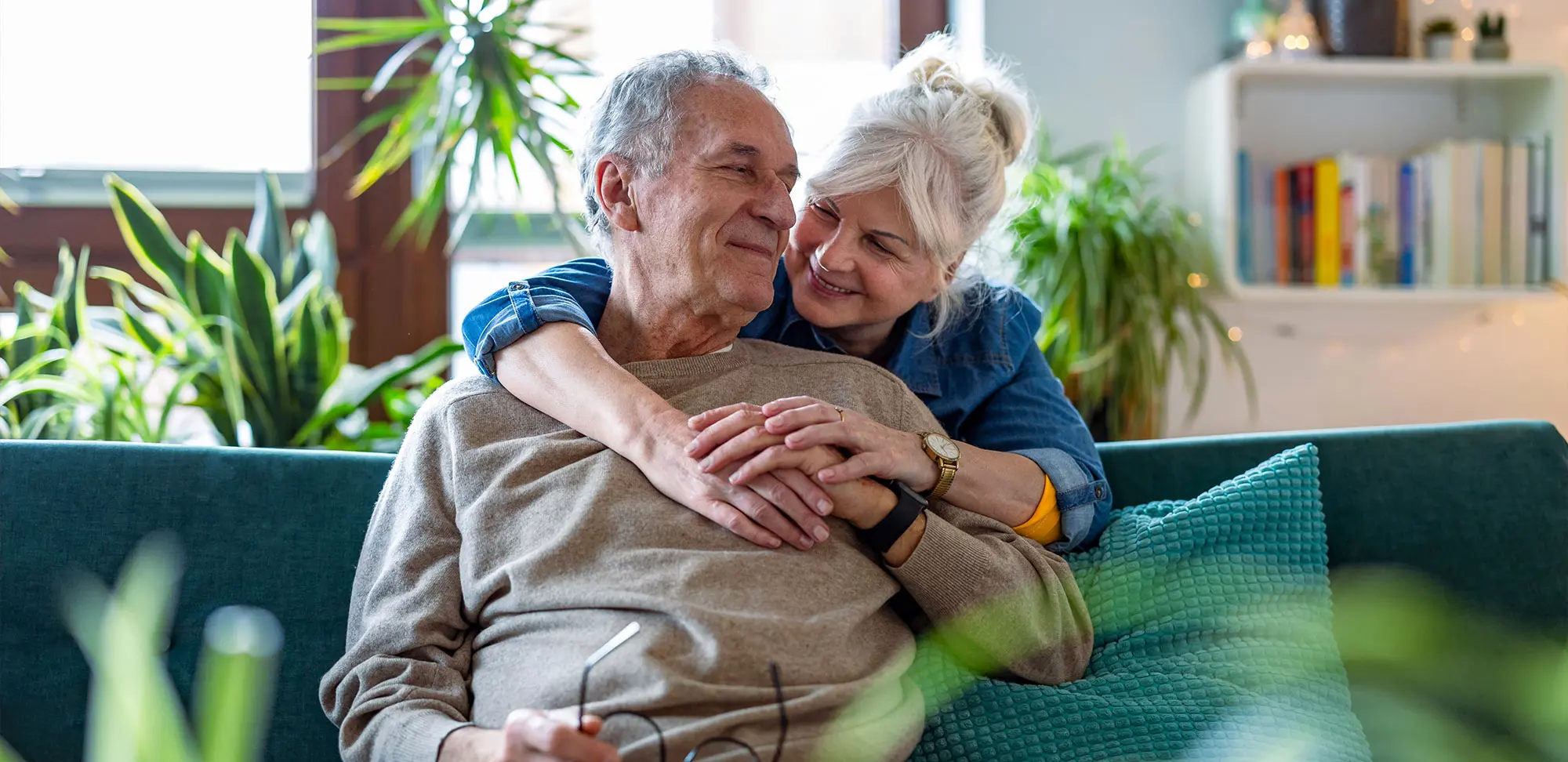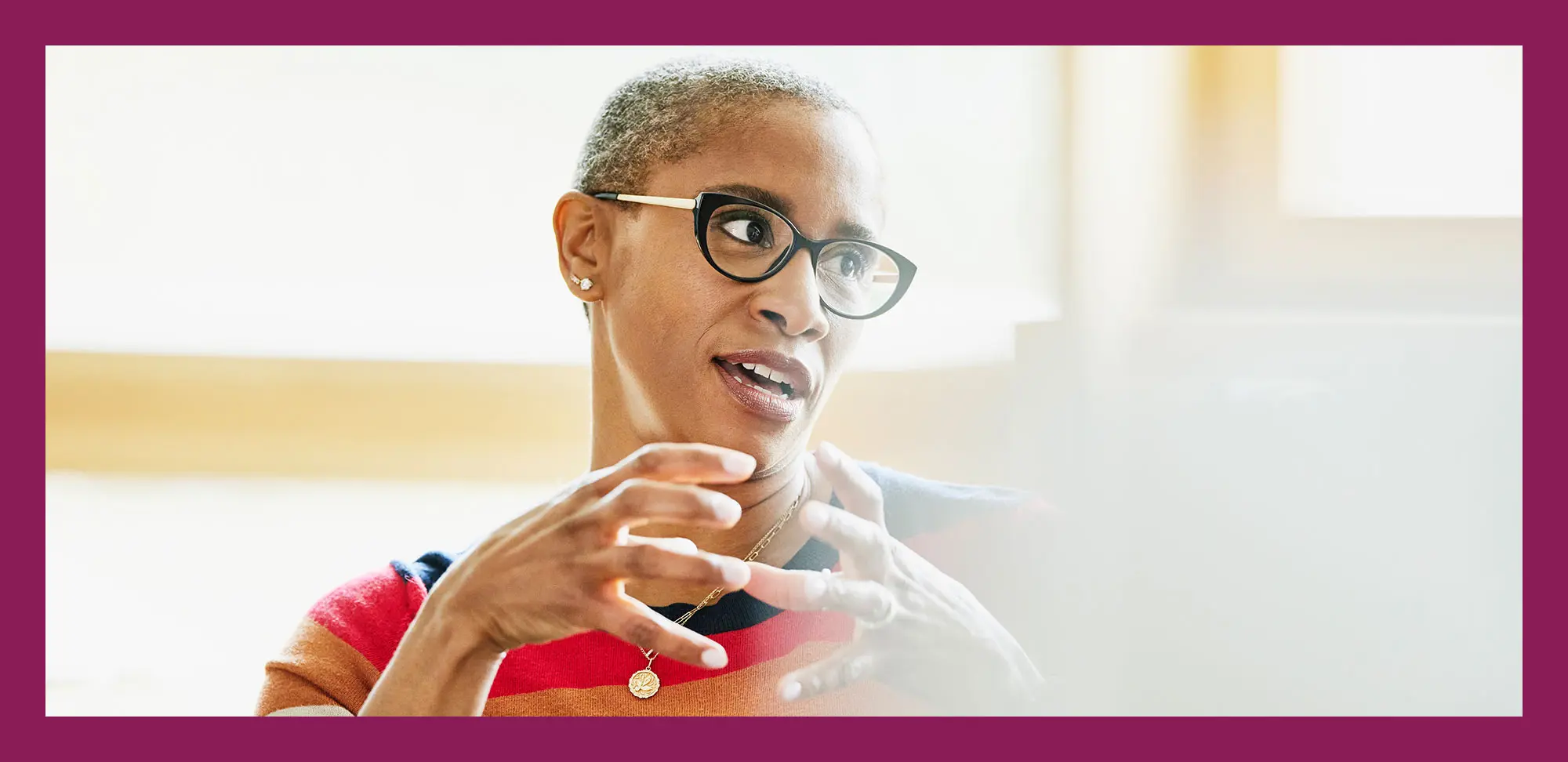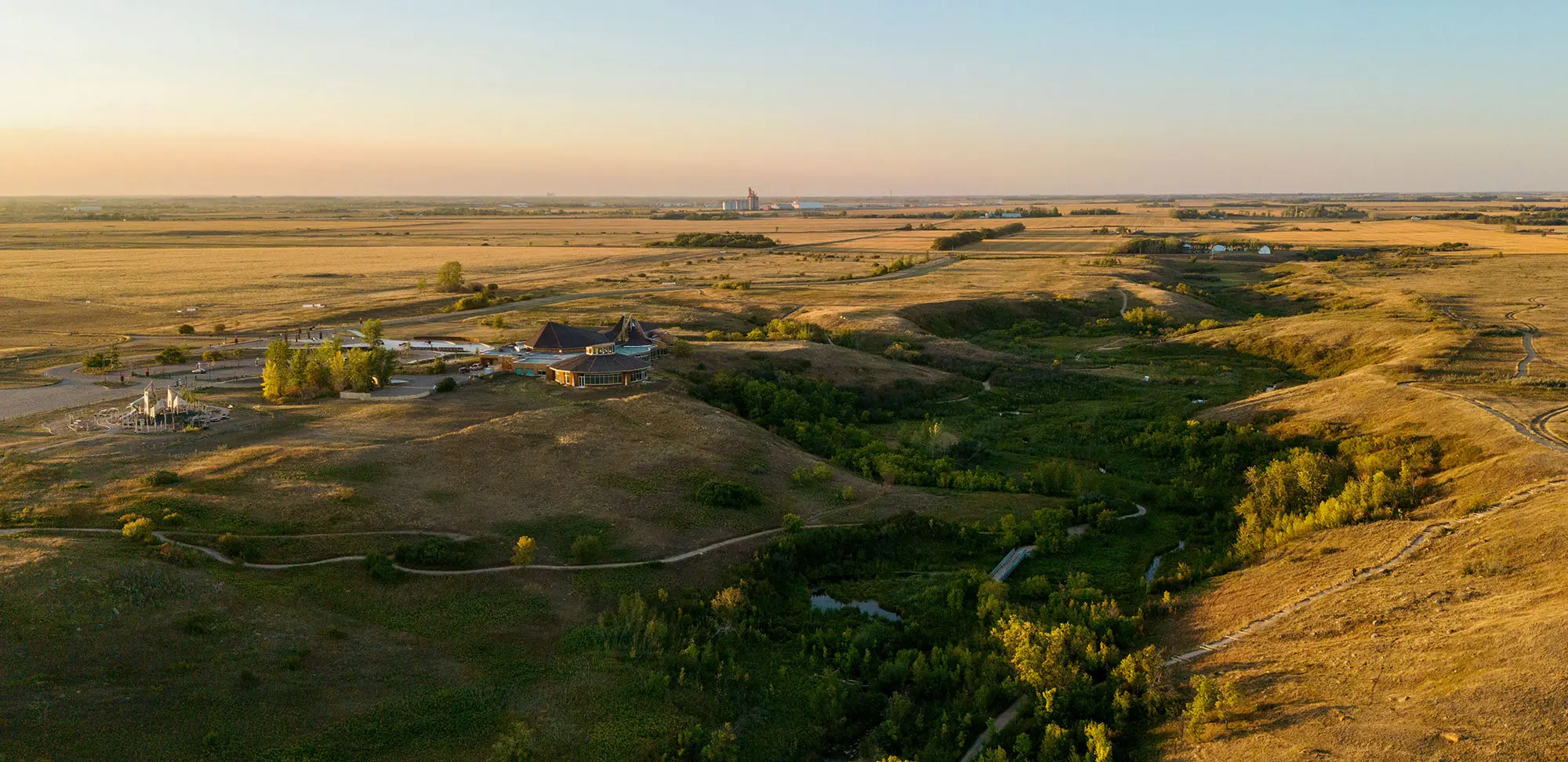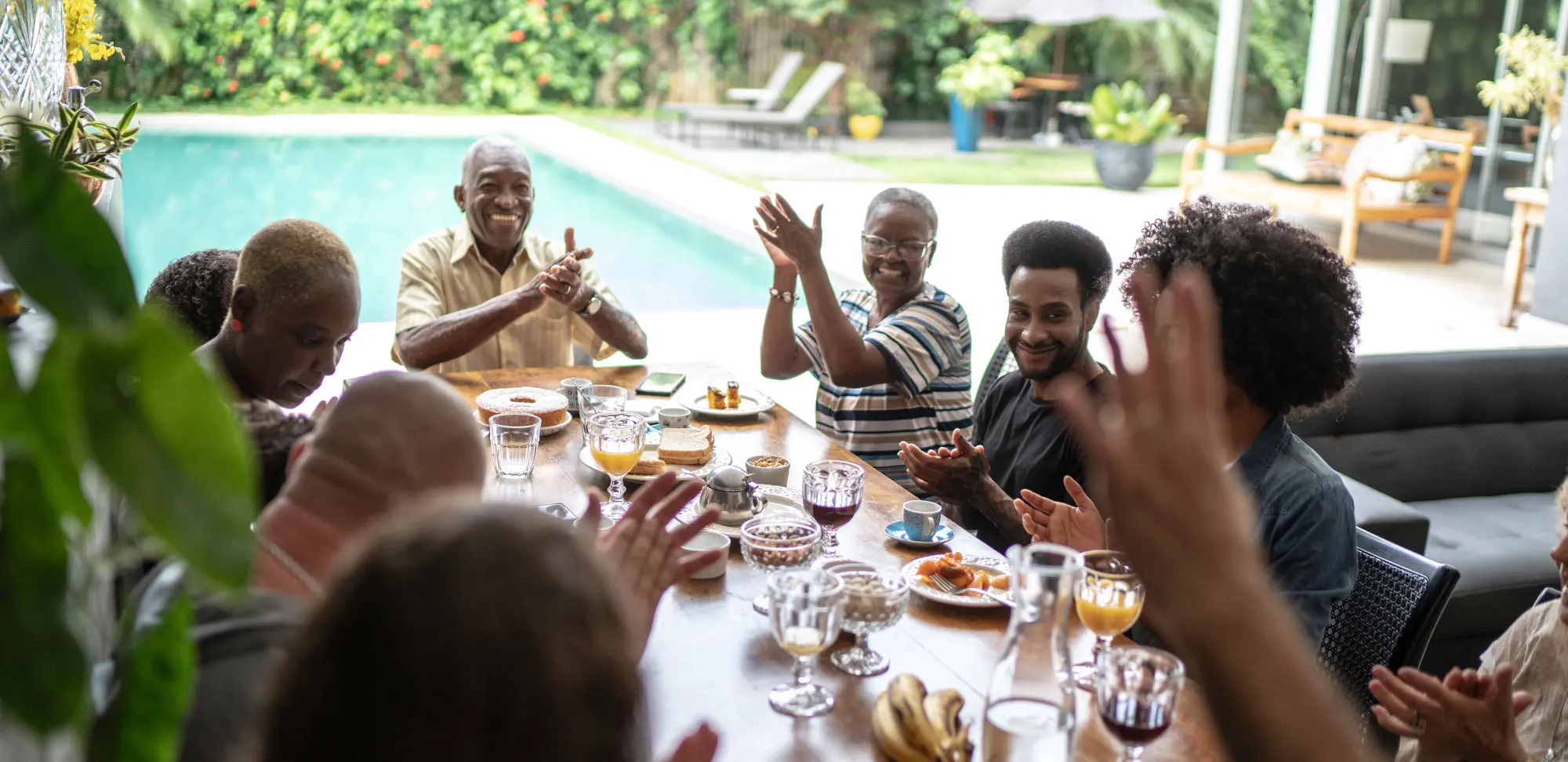Becoming friends with someone outside your age group offers a rich and rewarding experience. Not only can meaningful intergenerational friendships positively impact physical and mental health, reduce ageist beliefs and combat social isolation, they can also provide value, perspective and support in a way that same-age friendships might not be able to. In fact, according to Harvard psychiatrist and author George Vaillant, older adults who participate in generativity — the act of investing in and caring for the next generation — are three times as likely to be happy as those who don’t.
Joan Trotman (District 13 Hamilton-Wentworth, Haldimand) recently connected with her former students via Facebook school forums. “We exchange different perspectives on things, and I try to encourage them during this difficult time,” she says. “Whether it’s [keeping someone] company during a stressful time, [offering] encouragement or broadening their outlook…we can still help one another learn about ourselves and share ideas, no matter our age.”
Successful intergenerational friendships are based on the same expectations as any other friendships: Common interests. Shared values. Similar world views.
Shirley Criscione (District 24 Scarborough and East York) talks about how important her friendship with 100-year-old Jeanne is: “She has taught me so much about the value of staying active, eating well and volunteering,” she says. “Jeanne reads the paper every day, listens to CBC Radio and is always up-to-date on the latest information. She is a wonderful friend and is so caring about others. She certainly helps me understand the value of a positive outlook.”
According to the 2016 census, 24.6 per cent of Canadians aged 65 and older live alone. Dr. Samir Sinha, director of geriatrics at Sinai Health in Toronto, says older people are more likely to face isolation as they begin to outlive family members and friends. He points to the success of HomeShare Canada (homesharecanada.org), an organization that pairs seniors who have an extra room with people who need a place to stay. No two programs are exactly alike; Toronto HomeShare, for example, invites empty-nester seniors to rent a spare room to a college or university student, who helps with light household tasks, such as making and sharing meals, tidying up or walking a pet. And, perhaps even more important, this companionship can lead to long-term friendships and a larger social network.
“You’re creating a great program that solves a housing-policy issue, and that allows certain older people to remain healthy and independent in their homes for longer,” says Sinha. “You end up seeing an incredible sense of solidarity, where both people are benefiting.”
Intergenerational friendships can also offer an improved sense of meaning and purpose for both friends. Sinha says younger people who are starting to navigate the world often find it a complicated place, but when they’re in the presence of a mentor who is willing to share their wisdom, it can help them thrive.
“Younger people have an opportunity to connect with an individual with a greater level of experience or perspective,” says Sinha. “When they’re paired with older people who have been through all of that, it can create a stabilizing and very positive influence.”
The benefit for mentors comes from offering emotional stability, wisdom, strategic communication skills and motivation to contribute to society. As a result, mentees have a stronger desire to pay it forward and give back to others.

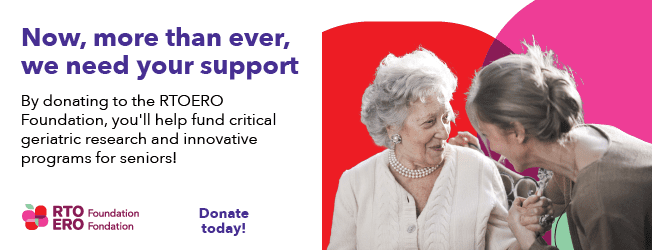
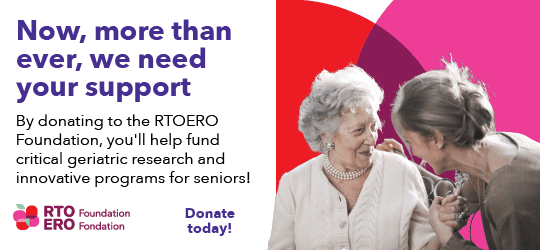
According to Big Brothers Big Sisters of Canada (bigbrothersbigsisters.ca), mentees and mentors alike benefit from these relationships. Their research shows that when you’re there for a young person as they grow up, you learn just as much as they do.
According to a 2019 AARP study, intergenerational friendships uniquely stand the test of time; 45 per cent last at least 10 years, and 20 per cent last more than 20 years. That might be because older adults tend to have fewer, deeper and more meaningful friendships, says Sinha, whereas younger people’s same-age friendships tend to be shallower connections. “[Adults] no longer have to worry about who’s popular and who’s not popular,” he says. “They’re focused on being connected with people they really want to spend time with.”
But how exactly do you make friends with people from other age groups? Seek out younger friends through volunteering, mutual friends and interests, and neighbourhood or community organizations — and be genuinely curious about different perspectives in those groups. Not only might you learn something from another person, you might teach them something too.
“You end up seeing an incredible sense of solidarity, where both people are benefiting.” Dr. Samir Sinha

Feel-good farming
The SEED, a not-for-profit food project at the Guelph Community Health Centre in Guelph, Ont., is dedicated to combatting food insecurity, but not without the help of seniors and youth. Supported by an RTOERO Foundation grant since 2017, the project is a hub for volunteers to work alongside one another while staying active, meeting others and learning new skills, including how to tend to the fruit and vegetable farms on site.
Seniors often feel lonely and disconnected after they retire. Intergenerational programs such as the SEED promote social engagement, collaboration and networking. “It’s a tangible example of a straight-forward strategy to build community, promote physical activity and offer an opportunity to build intergenerational relationships. It’s a win-win that goes a long way toward reducing social isolation,” says Mike Prentice, executive director of the RTOERO Foundation.
The program has also allowed older adults to participate in gardening therapy, open-farm days and virtual tours. They have also engaged with the Guelph Youth Farm at Everdale, a farm-based charitable organization, to harvest food and cook meals together. To learn more, visit theseedguelph.ca.
